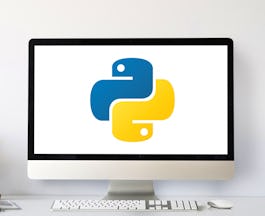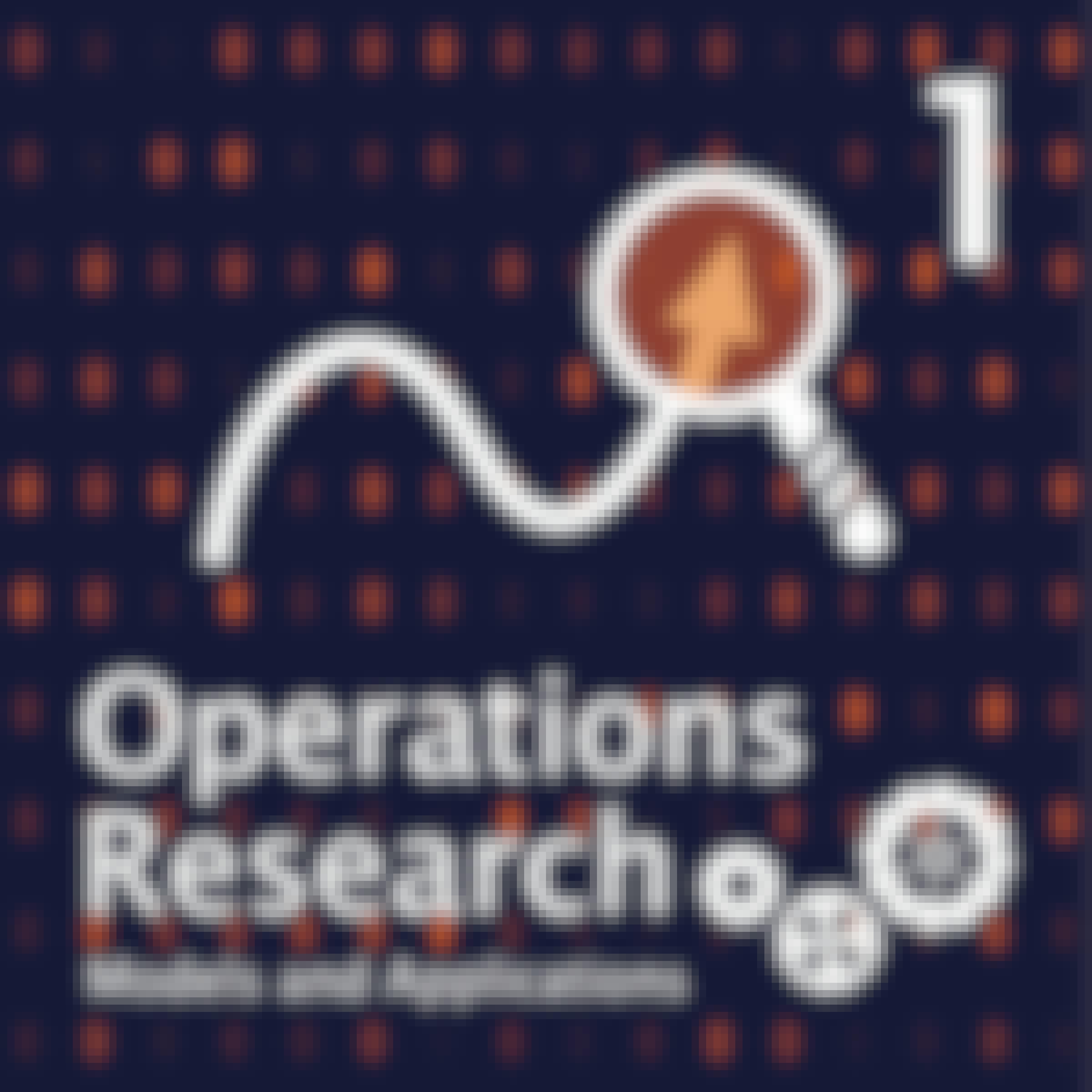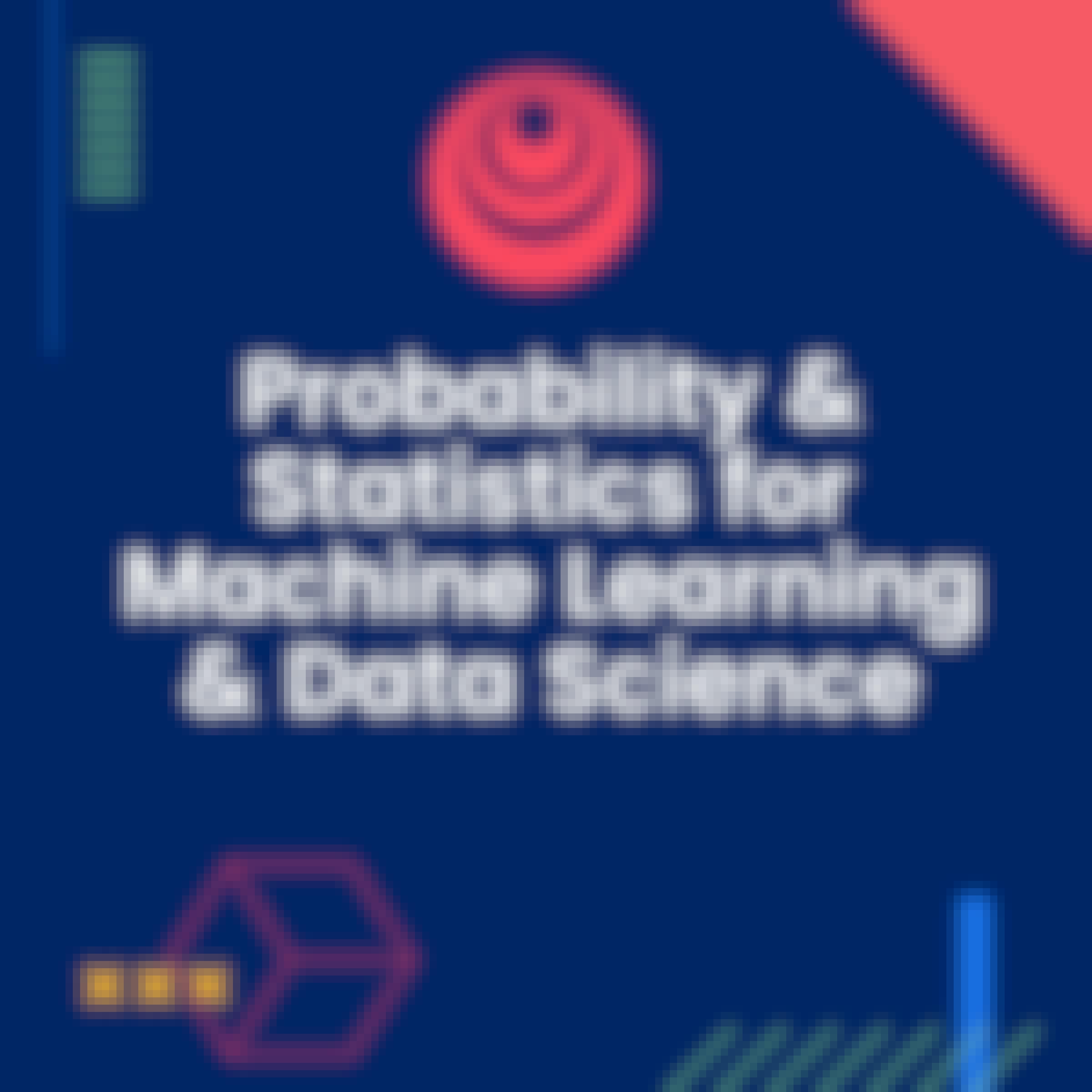Filter by
The language used throughout the course, in both instruction and assessments.
609 results for "cognitive science"

University of Colorado Boulder
Skills you'll gain: Communication
 Status: Free
Status: FreeUniversity of Geneva
Skills you'll gain: Python Programming
 Status: Free
Status: FreeIllinois Tech

Skills you'll gain: Python Programming, Computer Programming, Data Analysis

Imperial College London

University of Massachusetts Global
 Status: Free
Status: FreeUniversity of Florida
 Status: Free
Status: FreeDuke University
Skills you'll gain: Health

Google
Skills you'll gain: General Statistics, Probability Distribution, Python Programming, Statistical Analysis
 Status: Free
Status: FreeNational Taiwan University
Skills you'll gain: Leadership and Management, Mathematics, Operations Management, Operations Research, Problem Solving, Strategy and Operations, Mathematical Theory & Analysis, Applied Mathematics, Business Analysis, Linear Algebra, Computer Programming
 Status: Free
Status: FreeUniversity of Michigan
Skills you'll gain: Decision Making, Emotional Intelligence, Human Learning, Leadership and Management, People Development, Deep Learning, Leadership Development, Performance Management, Persona Research, Planning, Problem Solving

DeepLearning.AI
Skills you'll gain: General Statistics, Probability & Statistics, Statistical Analysis
Searches related to cognitive science
In summary, here are 10 of our most popular cognitive science courses
- Designing Effective Science Communication: University of Colorado Boulder
- Simulation and modeling of natural processes: University of Geneva
- Introduction to Open Source Application Development: Illinois Tech
- Python for Data Science, AI & Development: IBM
- Master of Science in Machine Learning and Data Science: Imperial College London
- Bachelor of Arts in Psychology: University of Massachusetts Global
- The Science of Training Young Athletes: University of Florida
- Introductory Human Physiology: Duke University
- The Power of Statistics: Google
- Operations Research (1): Models and Applications: National Taiwan University










